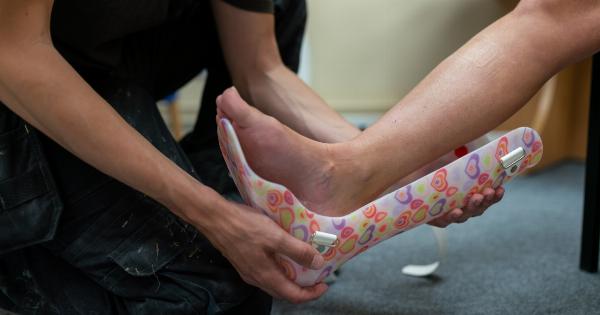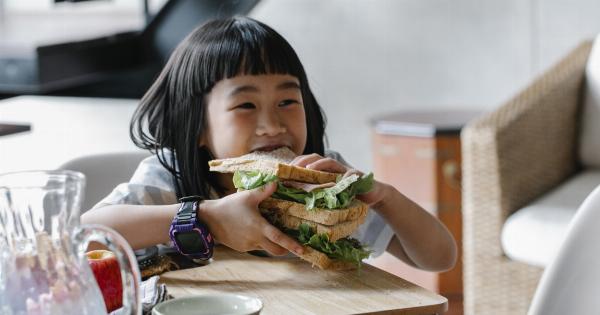Having a child with a peanut allergy can be challenging and stressful for parents. Peanut allergy is a common food allergy that affects approximately 1% of children in the United States.
It is important for parents to take steps to keep their child safe and avoid allergic reactions. In this article, we will provide some tips for parents of children with peanut allergies.
1. Educate your child about their allergy
It is important to educate your child about their peanut allergy and explain to them what they can and cannot eat. Teach your child how to read food labels and how to recognize the signs and symptoms of an allergic reaction.
Let your child know that it is okay to ask questions and to speak up if they are unsure about the safety of a particular food.
2. Avoid peanuts and peanut products
The most effective way to prevent an allergic reaction is to avoid peanuts and peanut products entirely.
Be sure to read food labels carefully and avoid foods that contain peanuts or peanut-derived ingredients such as peanut oil, peanut flour, and peanut butter.
3. Explore alternative nut butters and spreads
Peanut butter is a popular and convenient sandwich spread, but for children with peanut allergies, it is not an option.
There are several alternative nut butters and spreads available that are made from different nuts and seeds, such as almond butter, sunflower seed butter, and cashew butter. These can be a delicious and safe alternative for children with peanut allergies.
4. Inform others about your child’s allergy
It is important to inform your child’s caregivers, teachers, and classmates about their peanut allergy. Make sure that they understand the severity of your child’s allergy and the steps that need to be taken to keep them safe.
Provide them with a list of safe foods and snacks that your child can eat and ask them to avoid bringing peanut-containing foods into the classroom or daycare.
5. Carry emergency medication
Children with peanut allergies should always carry their epinephrine auto-injector in case of an allergic reaction. Make sure that your child, their caregivers, and their school or daycare have access to their emergency medication at all times.
In addition, make sure that your child’s medication is not expired and that it is stored properly according to the manufacturer’s instructions.
6. Teach your child good hygiene practices
Good hygiene practices can help prevent accidental exposure to peanuts. Teach your child to wash their hands before eating or touching their face and to avoid sharing food or drinks with others.
In addition, make sure that surfaces and utensils are properly cleaned and sanitized to avoid cross-contact with peanut-containing foods.
7. Stay vigilant
Allergic reactions can happen unexpectedly, even when all the necessary precautions are taken. Be vigilant and watchful for signs and symptoms of an allergic reaction, such as hives, swelling, difficulty breathing, or a rapid heartbeat.
If you suspect that your child is having an allergic reaction, administer their emergency medication immediately and call 911.
8. Stay up-to-date on the latest research and recommendations
The field of food allergy research is constantly evolving, and new guidelines and recommendations are periodically released.
Stay informed by consulting with your child’s allergist or pediatrician and reading credible sources of information on peanut allergies.
9. Encourage your child to speak up
Encourage your child to speak up if they are unsure about the safety of a particular food or if they are feeling unwell.
Teach them that it is okay to say no to food that they are not comfortable eating, even if it means turning down a treat or snack offered by a friend or family member.
10. Don’t let peanut allergies limit your child’s activities
Having a peanut allergy can be challenging, but it shouldn’t limit your child’s activities or prevent them from having fun.
With proper precautions and planning, children with peanut allergies can participate in most activities, including sports, birthday parties, and vacations.































